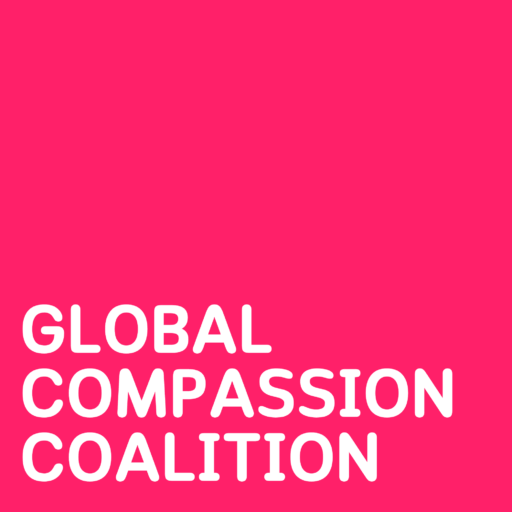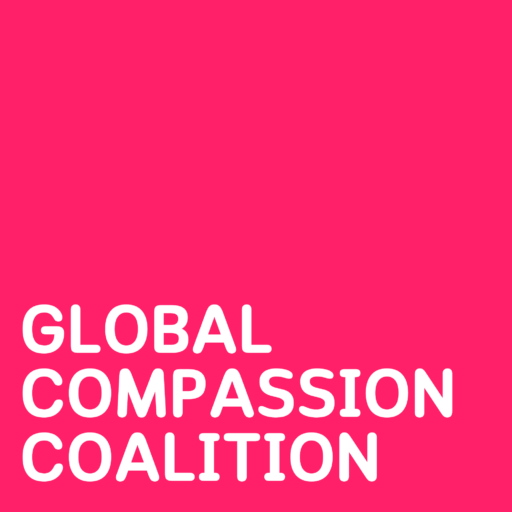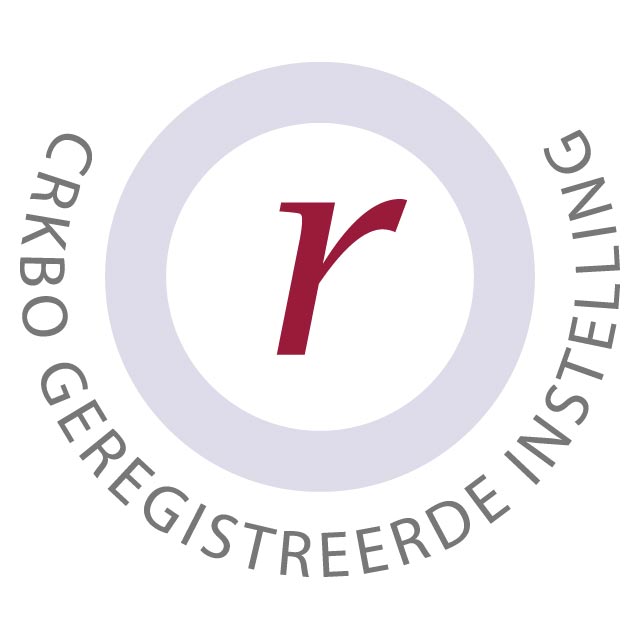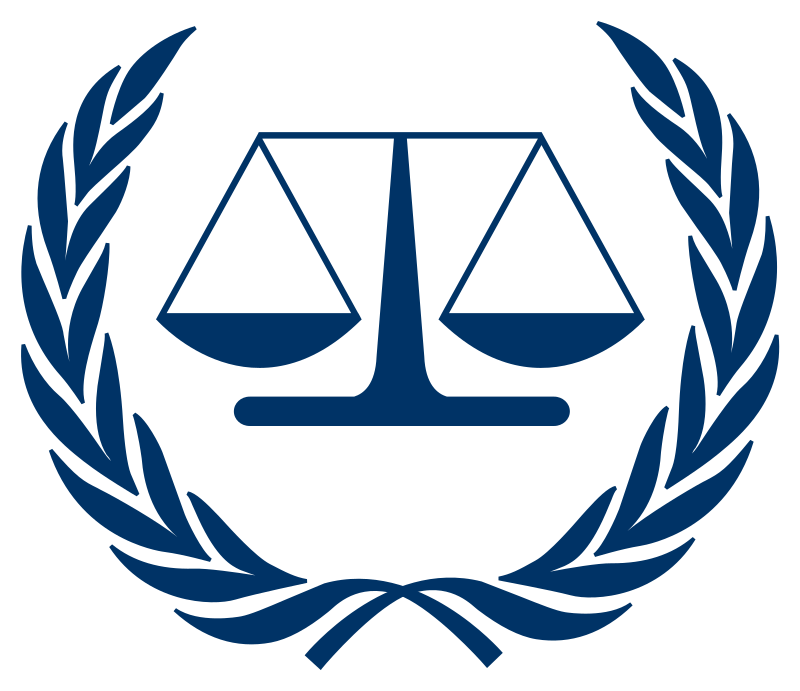Intergenerational
General
Family is everywhere. No conflict goes as deep as a family quarrel and at the same time it is the one bond you can never get rid of. No contact between parents and child(ren) and/or grandchildren affects your life in many ways. It is seen by therapists and scientists as a source of an ongoing sense of loss and trauma that takes a toll on it. It affects your quality of life, your relationships with other people and probably also your health. That's not nothing.
Even if you have made the choice that you no longer want to have contact with your parents or your children. No contact with each other or being estranged from each other; this can be physical, i.e. no or very little contact between family members. It can also be about being emotionally estranged from each other. There may still be contact. But contact, for example, is always difficult and tense. For example, because expectations about the weather do not match, because you experience distance or want things from the other person that do not suit the other person. The emotional alienation can also lead to complete physical alienation, ultimately ending contact.
Sometimes there are reasons for those involved to prefer no contact to difficult contact. Usually it is important reasons that have led to this. Often a lot has already been tried, and a lot has happened, before this step is taken. Choosing to completely break off physical contact often happens during a period when there was reunion again and something relatively minor happened or someone feels betrayed.
But no contact between parents and children / grandchildren is also a great loss. Despite all initiatives to achieve personal growth, a better life, a constant attempt to restore contact, the loss of the absence of contact is also experienced. Essentially, there is grief after the loss of contact with each other. Even if you yourself have been the one who broke contact. Although many people often feel relieved at first, a grieving process often sets in very quickly that leaves them feeling overwhelmed. Feelings of fear, the shock, the sadness, and the impact of the decision you've made rarely fail. Anger, feeling hurt and experiencing the situation as unjust are also familiar feelings.
Research by, for example, K. Agllias shows the following:
- Breaking contact between parents and children is not a one-time issue. It continues to demand attention and energy from the person making that choice;
- No contact between parents and children also means that you enter a non-linear grieving process, which is accompanied by a lot of sadness and where feelings can be released at any time;
- The breaking of contact between parent(s) and child(ren) also takes place in a social context. Society has an image of family as a place of fidelity, unconditional love and also mutual obligations. As a result, those who opt for no contact with each other can feel guilty and misunderstood;
- Alienation as a result of disturbed and difficult relationships within the family of origin can also have repercussions on relationships with others for the adult children who eventually break off contact. Such as love relationships, friendships and work relationships;
- By breaking off contact with the parent(s) and the difficult relationships with others, this also leads to the adult child relying more on existing relationships. This is certainly the case in the period following the break of contact;
- No contact between parents and children also leads to the feeling of not being known. The people who have known you the longest are no longer in the picture. You also lose part of your personal history;
- Broken relationships with the parent(s) also require a lot of attention. Some researchers say that close relationships do not disappear, but only change. As long as the rejected other still exists in the adult child's mind, there is still a relationship.
Together with someone who has to deal with this professionally more often, finds nothing strange and would like to guide you in looking for possibilities to deal with the question of whether or not contact can sometimes create space and lead to perspectives that you do not really think about. have stood.
Intergenerational
About illness and death
It also often happens that family members do not or hardly speak to each other for years and are only forced to have contact again around the time of the death of a loved one. Dormant conflicts become urgent and greatly magnified at these emotional moments. There may also be unresolved grief between the dying person and those around him that stands in the way of a peaceful death. It happens in the best of families: pent-up feelings and unresolved issues that suddenly manifest themselves around a deathbed. This can also be about whether or not euthanasia or donating organs.
The quarrels often flare up even or just after the death: Who will clear the house? When? Who likes that beautiful ring? Who feels that they have a better relationship with the deceased? Who gets to choose the tombstone? Who decides whether a burial or a cremation will take place? …..the list of reasons to fight each other is endless.
And nobody benefits from this. Talking about it with someone who speaks more often about these kinds of conflicts, problems, questions can offer relief, recognition, and certainly sometimes lead to more mutual understanding. In times of need, pain, sadness, you neither recognize nor acknowledge the feelings of the other. There is no room for that at the moment. However, support can help to make room for your own feelings and experiences and perhaps also for those of the other person.
Systemic thinking
Every individual is part of larger wholes (systems) and that has far-reaching influence. A system is subject to certain dynamics and always aimed at survival and balance. In the first place, every human being is inextricably linked to his original family system. In addition, during his life, man is part of various other systems, e.g. within his studies or at work. With the difference that it is not inextricable here.
If you are a member of a system, you are part of its dynamics and possible disturbances in it - whether you like it or not. Usually these dynamics are not visible to the person who is part of the system and also elusive. In the first instance, a view from the outside is required. A view that mainly looks at what is going on in the background.
Then an experienced mediator, specialized in intergenerational dynamics, is the answer.
I like to think along with you and wholeheartedly guide you in discovering hidden dynamics in your relationship(s) to see together whether recovery of the most valuable contact is possible and how this can best take shape.
Intergenerational Mediation
Testimonials
Intergenerational Mediation
Professional associations
Birgitte is a member of the following professional associations and networks.
Newsletter
Do you want to stay informed of the latest news? Sign up for the 3-monthly newsletter by email!









